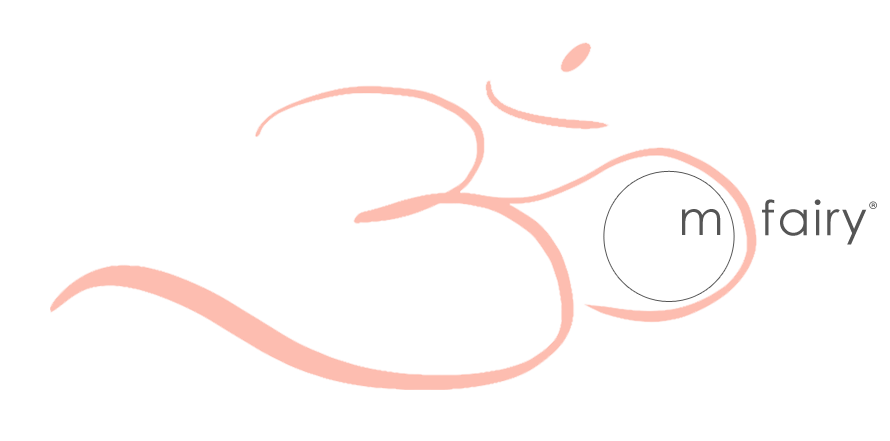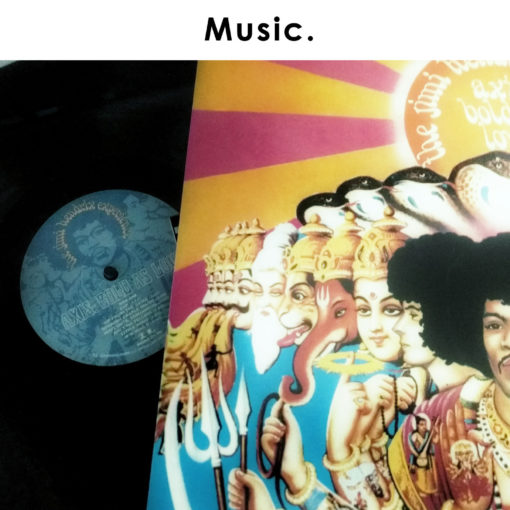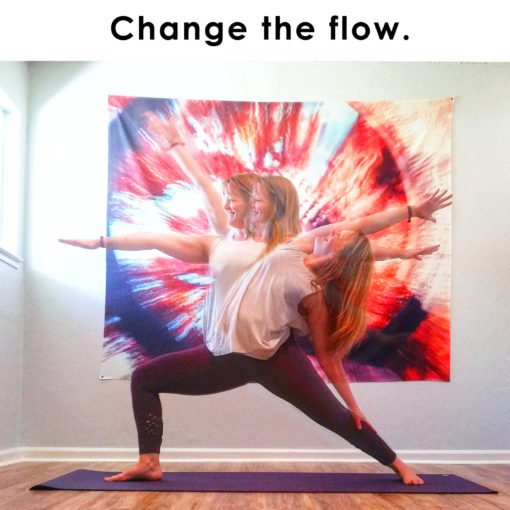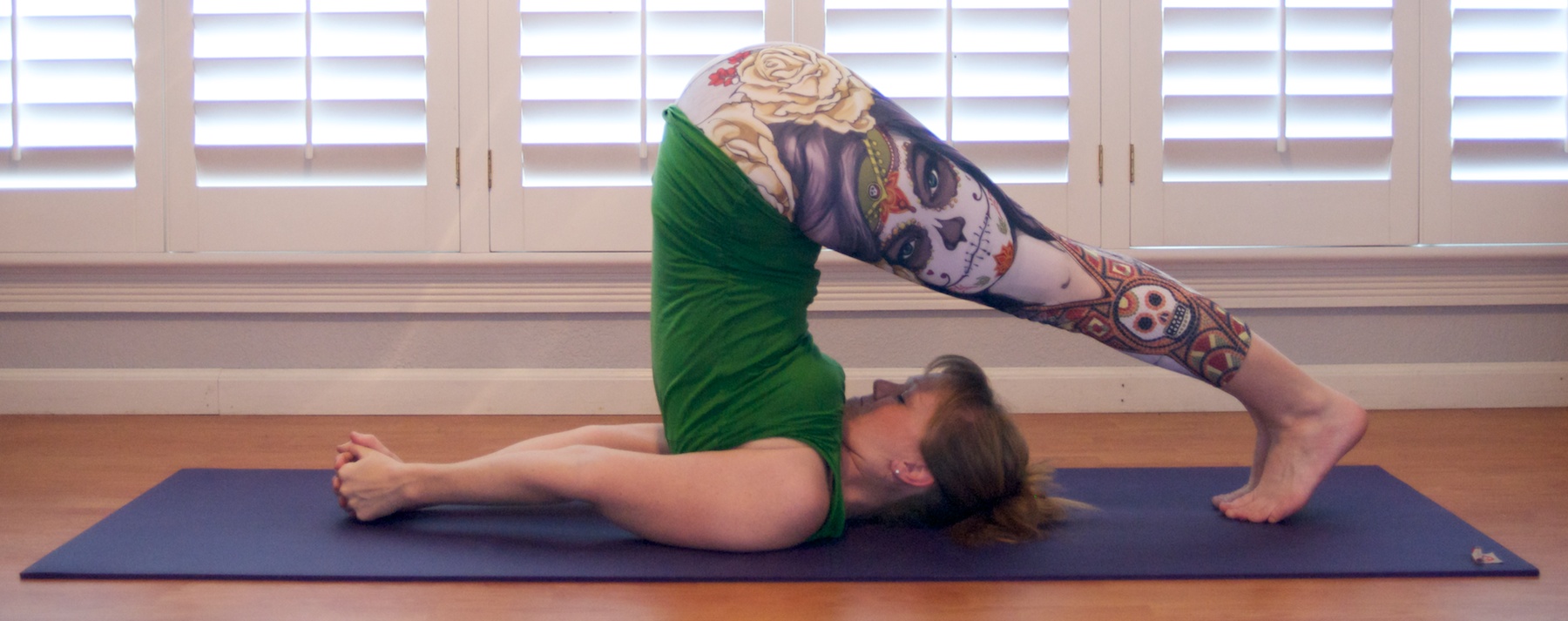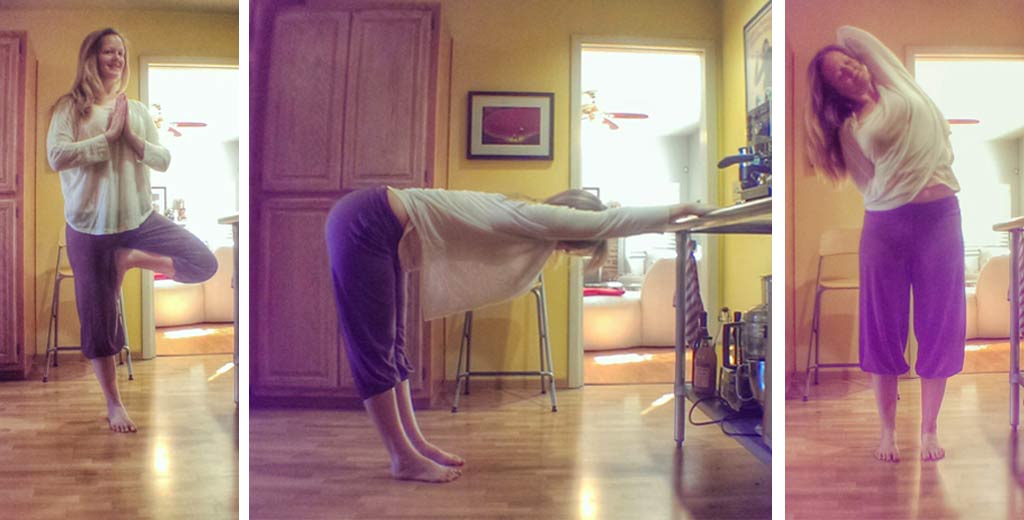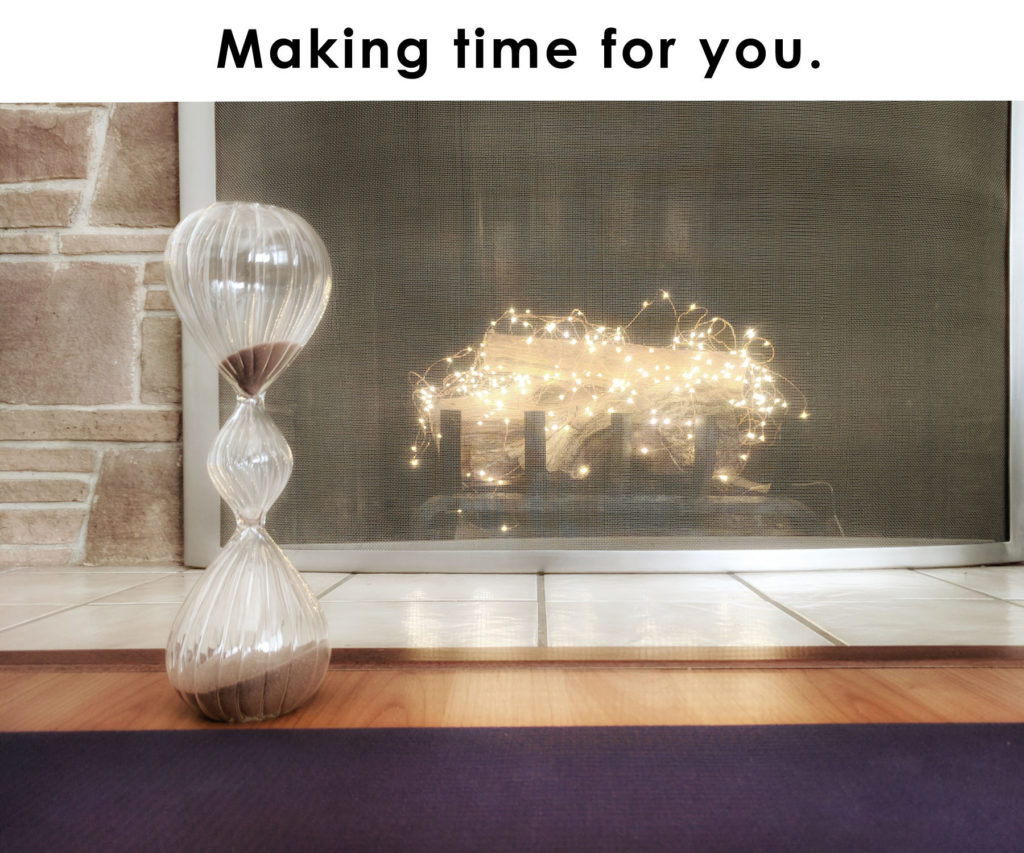
This one is important, whether you’re in the studio or practicing at home. Make time for yourself. Set aside the time for your yoga, and let others know it is important. Let them know it is important by putting away your phone, by telling them you will be taking the next hour for yourself, by gently nudging the dog away from your mat.
Why is this important? It creates a space for you to not be distracted by the millions of things we are distracted by today. Outside of work we process nearly 100,000 words every day. Let that sink in! In the document where I outline all of these posts, I have 11,000 words, over 26 pages, 17 days. In a single year we are consuming more information than in the past 25 years prior (and that is a stat from 2011). This taxes our brain, reduces our willpower, and it also reduces our ability to be creative. Creativity requires some idleness from the brain, daydreaming – having a free flow of ideas so that we might see the connections between seemingly disparate concepts. When every free moment you are reaching for your phone, you no longer have that idleness.
Additionally your brain becomes accustomed to this stimulation, growing antsy when you don’t have that input. Essentially, you are looking for the reward of the email, the ig hearts the Facebook likes. Your brain is being flooded with dopamine, rewarding you with connection to others in this virtual way.
“Dopamine is our brain’s way of ensuring we don’t get too lazy to survive. We seek the reward of food instead of being too lazy to hunt, gather, work. Dopamine gives you the push to seek the promise of happiness, but it doesn’t care so much about the direct experience of happiness itself. Because we know there’s a chance we’ll have a new message, or because the very next You Tube video may be the one that makes us laugh, we keep hitting refresh, clicking the next link, and checking our devices compulsively. It’s as if our cell phones have a direct line into our brains, giving us constant jolts of dopamine.
When dopamine puts our brains on a reward-seeking mission, we become the most risk-taking, impulsive, and out-of-control version of ourselves. Importantly, even if the reward never arrives, the promise of reward — combined with a growing sense of anxiety when we think about stopping — is enough to keep us hooked.
When your reward center releases dopamine, it sends a message to the brain’s stress center. In this area of the brain, dopamine triggers the release of stress hormones. The result: You feel anxious as you anticipate your object of desire. The need to get what you want starts to feel like a life-or-death emergency, a matter of survival.”
What do stress hormones do? They keep us in fear/flight/fight mode, keeping the sympathetic nervous system highly active. They keep the muscles tense, they shut down our immune system, our digestion, they make us more impulsive and reactive, more emotional, and we focus more intently on negative information and we have issues with forming new memories.
So take the time, make the time, for you to enjoy a quiet space, focused on you.
